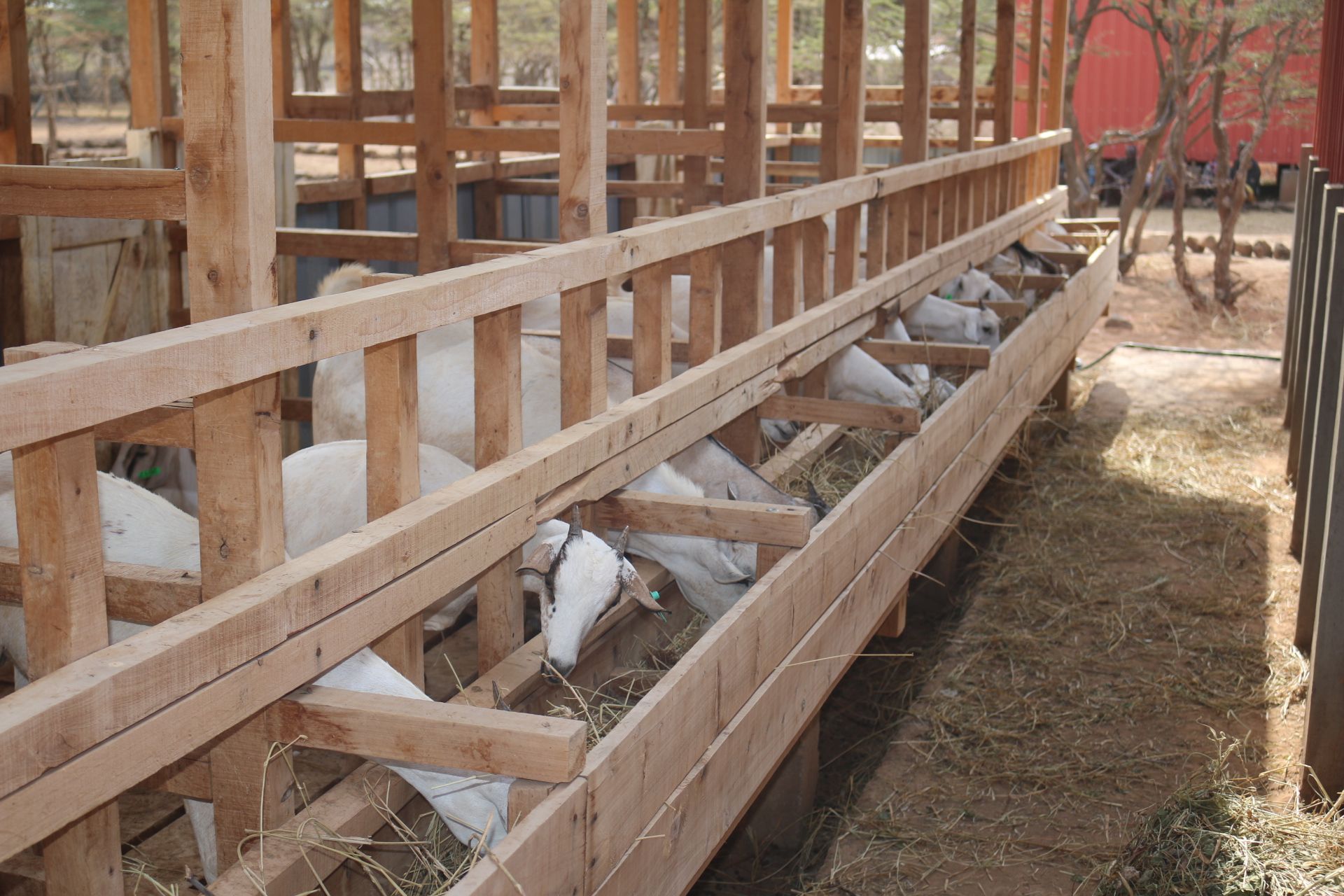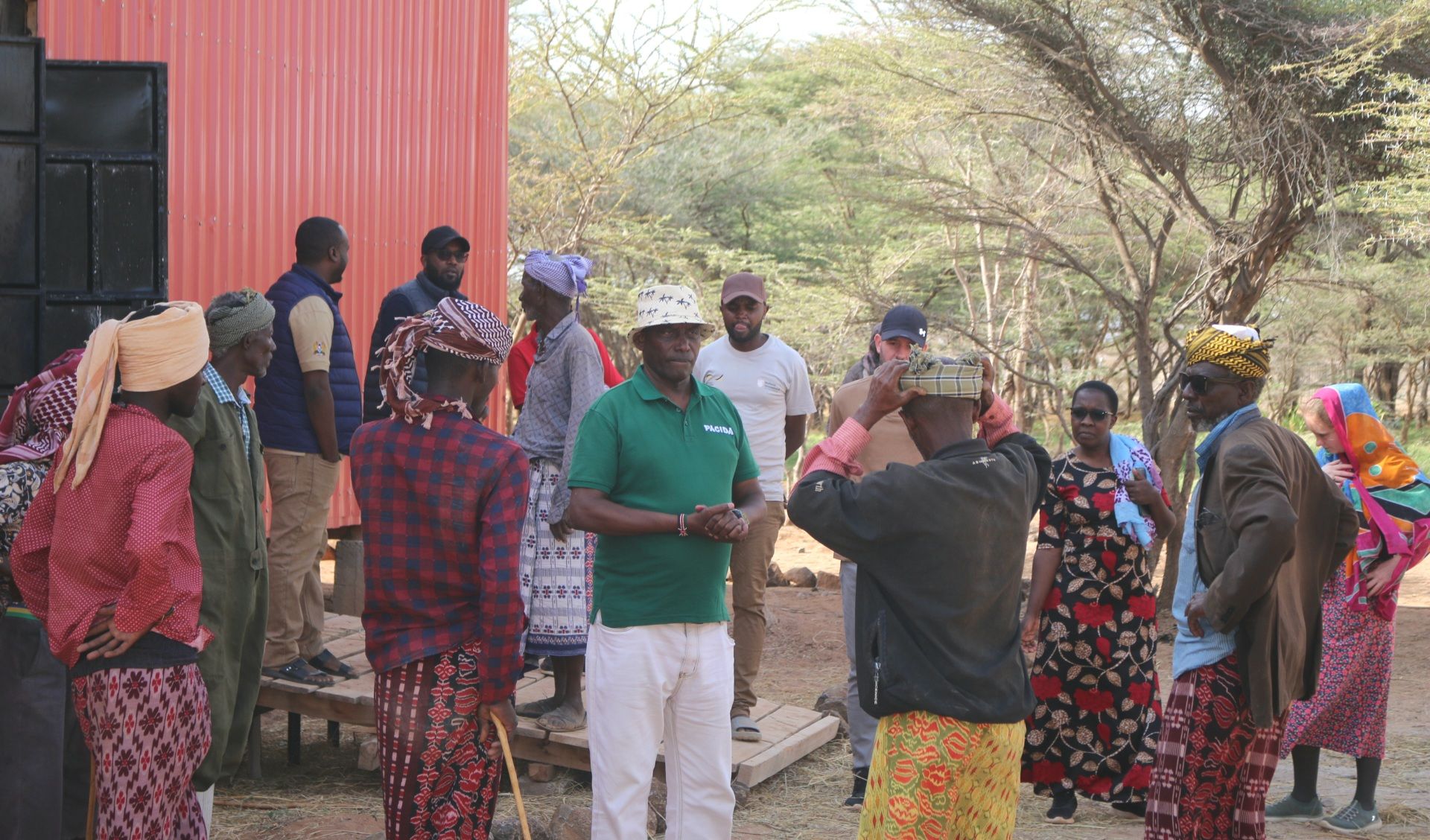The Kutur Model Farm in North Horr sub-County is transforming the way agro-pastoral communities in Marsabit approach food production and sustainability.
Through the integration of climate-smart farming practices, the demonstration farm is equipping hundreds of local farmers with vital skills to adapt to climate change and secure their livelihoods.
Established by the Pastoralist Community Initiative and Development Assistance (PACIDA) with support from Malteser International and the Federal Ministry for Economic Cooperation and Development (BMZ), the farm has become a key training hub in the region.

It offers hands-on learning on innovative techniques such as biogas energy use, sustainable water management, and silage production, critical tools for enhancing food security in arid and semi-arid areas.
The farm currently benefits from a newly installed biogas system that generates clean energy for lighting, reducing reliance on firewood and lowering household emissions.
Plans are also underway to produce silage, a preserved feed that provides consistent nutrition for livestock during dry seasons.
Speaking during a recent visit to the facility, Malteser International Country Director Maunel Lackmaier commended the initiative for its practical approach to resilience-building.
“Through this farm, PACIDA has demonstrated that by adopting smart farming technologies, communities can grow their food and realise dignity and self-sufficiency,” he said.
To meet the farm's increasing water demands and boost productivity, PACIDA CEO Patrick Katelo proposed the construction of a new borehole.
“Hundreds of farmers have visited this demonstration farm, and we have seen them adopting smart farming methods. This is essential for their livelihoods,” said Katelo.
Beyond agricultural training, the model farm is playing a significant role in promoting livelihood diversification and community empowerment in a region frequently affected by drought and other climate-related shocks.
As more farmers adopt the techniques showcased at Kutur, the model farm stands as a symbol of innovation and resilience, helping communities not only survive but thrive in the face of adversity.

